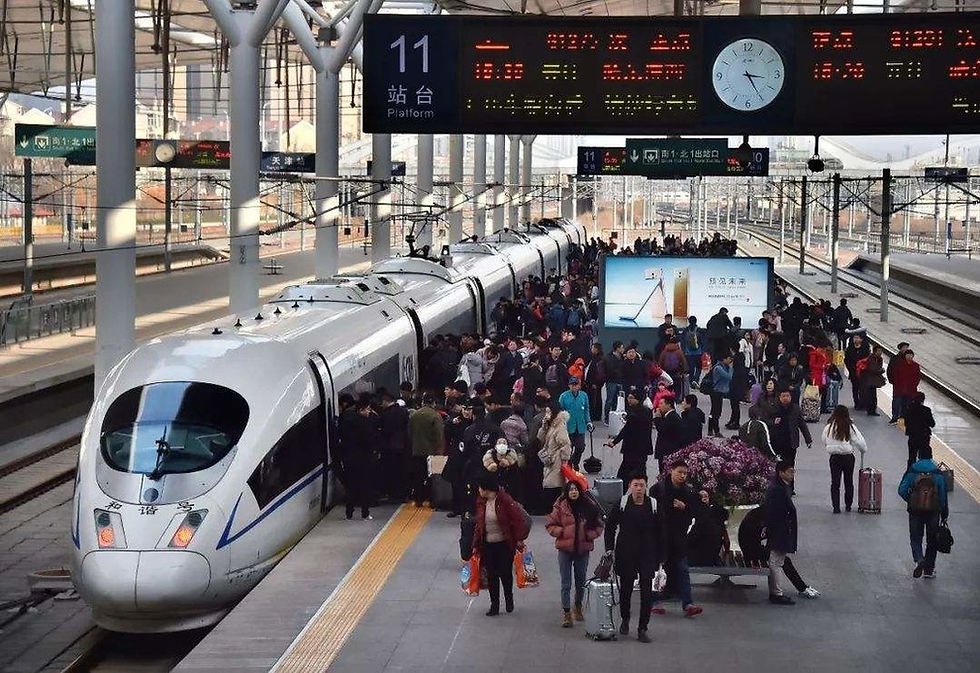What is your experience of using the Chinese manufacturing B2B platforms?
- Coauthor,Honggang&Air Lee

- Aug 31, 2018
- 2 min read

Speaking about Chinese B2B platforms of non-standard parts, supply chain industry insiders usually would come up with top two professional websites, www.alibaba.com and www.made-in-china.com. Actually China has quite some local manufacturing industry sites such as HC360, Eastmachinery, Mfg.cn and Yun Zhi, Yunzhizhao etc.
As being part of those non-standard component B2B platform users we would like to devote some session in this article on the subject of ‘ experience of failure’, MFG.CN and Yun Zhi which impressed us the most among all platforms are not considered as successful examples. MFG homepage seems translated by google translator and the reading quality in Chinese to Chinese users is really poor. Yunzhi used to be a professional machinery manufacturers supply platform, started with huge capital of investment on sourcing of molds factories, machine producers, metal parts but after 2016 Dec, all internet connections were cut off.

We’ve been thinking about the role that such platforms should play in terms of the user’s perspective. Many platforms have a starting point of matching suppliers and customers, but it seems to us more to be a trap rather than providing a shortcut. Trading transaction from off-line to on-line and it seems the match is completed by the strength of these platforms. The leverage effect of industrial area is quite obvious, a simple part of the car may be tens of millions of dollars and billions of transactions. Actually except the remarkable trading amount of value it stands no more real meanings to supply chain insiders. Physically we realized there are bottlenecks on verifications of suppliers’ qualifications such as capital, equipment, technology level, manpower system, certificates etc. These enterprises tend to maximize the use of resources by digging deeper into their social network, in China we specially called it ‘ Guan Xi ‘.
We’ve been in use of some of the supply chain platforms as well. We always consider a good non-standard parts sourcing platform should serve the process of transaction rather than participate in the transaction. Its role should be in the function of providing professional tools in resource integration and improve efficiency.
Since year 2000, manufacturing industry has focused to localization of assembly. On the trend of request of LCC (Low Cost Countries) many multinational factories replaced their oversea suppliers by domestic suppliers. Another benefit is due to the labor intensive industry. From 2005, further localization of raw material started, which expedited the development in die cut, stamping, machining and metal processing. 3M, SONY, GE were one of those first beneficiaries in the development of the tide. Local enterprises, multinational companies started R & D as well on raw materials. In the recent decade, most manufacturing enterprises pay more attentions on being the most competitive and outstanding in internal management. They extend manufactured scale to explore and integrate more resources from offline to online where created the demand of professional B2B supply chain platforms.
What the B2B industry platforms can do, in addition to matching transactions, is to provide services that are directly related to the transaction, determine the direction of the transaction, and improve buy-sell operation efficiency.






Comments